Home>diy>Building & Construction>What Is Construction Logistics


Building & Construction
What Is Construction Logistics
Modified: December 7, 2023
Learn the importance of construction logistics in building construction projects. Explore the effective planning and coordination process for seamless project delivery.
(Many of the links in this article redirect to a specific reviewed product. Your purchase of these products through affiliate links helps to generate commission for Storables.com, at no extra cost. Learn more)
Introduction
Construction logistics is a crucial aspect of every building project. It involves the management and coordination of resources, materials, equipment, and personnel to ensure the smooth and efficient execution of construction activities. From the initial planning stages to the final delivery of a completed structure, construction logistics plays a vital role in optimizing productivity, minimizing costs, and ensuring timely project completion.
Construction logistics encompasses a wide range of activities, including procurement, transportation, inventory management, site layout, and waste disposal. By effectively managing these functions, construction companies can avoid delays, reduce construction waste, and maintain a safe working environment.
In recent years, the construction industry has witnessed significant advancements in technology and methodologies that have revolutionized construction logistics. From the use of Building Information Modeling (BIM) to automate project planning and visualization, to the adoption of GPS tracking systems for efficient vehicle routing, construction logistics has become more streamlined and data-driven than ever before.
This article explores the importance of construction logistics and the key components that contribute to its success. We will also delve into the challenges faced in construction logistics and discuss strategies for effective management. Additionally, we will examine real-life case studies that highlight successful implementation of construction logistics, as well as explore future trends in the field.
Whether you are a construction professional, a project manager, or simply curious about the complexities of building projects, this article will provide valuable insights into the world of construction logistics.
Key Takeaways:
- Construction logistics is the systematic planning and management of resources, materials, and personnel, crucial for optimizing productivity, minimizing costs, and ensuring timely project completion in the construction industry.
- Embracing advanced technology, collaborative approaches, and sustainable practices are essential for overcoming challenges and shaping the future of construction logistics, leading to greater efficiency and improved project outcomes.
Read more: What Is Construction
Definition of Construction Logistics
Construction logistics can be defined as the systematic planning, coordination, and management of resources, materials, equipment, and personnel involved in construction projects.
It encompasses a wide range of activities that are essential for the successful execution of construction projects, including but not limited to:
- Procurement and sourcing of materials and equipment
- Transportation and delivery of materials to the construction site
- Inventory management and control
- Site layout and organization
- Waste disposal and environmental management
- Coordination of subcontractors and labor
- Scheduling and sequencing of construction activities
- Monitoring and tracking of project progress
The main goal of construction logistics is to optimize the flow of resources and ensure their timely availability at the construction site. This involves managing the entire supply chain, from the sourcing of raw materials to the delivery of finished components to the construction site.
The construction logistics process starts with the identification of project requirements and the development of a comprehensive logistics plan. This plan outlines the strategies, procedures, and systems to be employed in the execution of the construction project. It also considers factors such as budget, timeline, safety, and sustainability.
Effective construction logistics requires close collaboration between all stakeholders, including the project manager, contractors, suppliers, and logistics providers. Clear communication and a well-coordinated approach are vital to ensure that materials are available when needed, equipment is properly maintained, and personnel are deployed efficiently.
With the advancements in technology, construction logistics has become increasingly digitized and data-driven. Building Information Modeling (BIM) software allows for 3D visualization of construction projects, enabling better planning and coordination. Furthermore, the use of GPS tracking systems and real-time monitoring tools helps streamline transportation and improve overall project efficiency.
Overall, construction logistics is a critical function that ensures the smooth operation of construction projects. Its efficient implementation leads to cost savings, improved productivity, and timely project delivery, making it a key factor in the success of any construction endeavor.
Importance of Construction Logistics
Construction logistics plays a vital role in the successful completion of construction projects. It is a crucial function that impacts various aspects of the project, from cost and time management to overall project efficiency. Here are some key reasons why construction logistics is of utmost importance:
- Optimized Resource Allocation: Construction projects require a plethora of resources, including materials, equipment, and manpower. Effective construction logistics ensures that these resources are allocated efficiently, avoiding wastage and reducing costs. By optimizing the procurement and transport of materials, construction companies can minimize project expenses and maximize productivity.
- Timely Project Completion: Construction deadlines are often tight, and any delay can have significant financial consequences. Construction logistics ensures that materials and equipment arrive at the construction site on time, allowing for seamless execution of construction activities. This timely delivery helps prevent delays and enables the project to stay on track for completion within the designated timeframe.
- Improved Productivity: By streamlining construction processes and eliminating bottlenecks, construction logistics enhances productivity. Efficient coordination of resources and scheduling of construction activities ensures that work proceeds smoothly, minimizing downtime and maximizing output. This leads to increased efficiency and allows for the completion of construction projects in a more cost-effective manner.
- Enhanced Safety: Construction sites can be hazardous environments, and safety is of utmost importance. Effective construction logistics ensures that materials, equipment, and personnel are managed in a way that promotes safety. This includes proper handling and transportation of heavy equipment, ensuring the availability of safety gear, and implementing safety protocols. By prioritizing safety through construction logistics, the risk of accidents and injuries can be minimized.
- Sustainable Construction: With growing environmental concerns, sustainable construction practices have become essential. Construction logistics can contribute to sustainability by optimizing transportation routes to reduce fuel consumption and emissions. It also involves efficient waste management, recycling, and proper disposal of construction materials. By incorporating sustainability into construction logistics, projects can meet environmental standards and minimize their ecological impact.
Overall, construction logistics is crucial for the successful execution of construction projects. It enables efficient resource allocation, timely project completion, improved productivity, enhanced safety, and sustainable construction practices. By recognizing the importance of construction logistics, construction companies can optimize their processes, reduce costs, and deliver high-quality projects in a more efficient and effective manner.
Key Components of Construction Logistics
Construction logistics involves the management of various components that are essential for the smooth execution of construction projects. These components work together to ensure the timely availability, efficient transportation, and proper utilization of resources. Here are the key components of construction logistics:
- Procurement and Sourcing: This component involves the identification and acquisition of materials, equipment, and services required for the construction project. It includes activities such as selecting suppliers, negotiating contracts, and managing the supply chain to ensure timely delivery of materials to the construction site.
- Transportation and Delivery: The transportation and delivery component focuses on moving materials and equipment from suppliers to the construction site. It includes planning and scheduling transportation routes, selecting appropriate modes of transportation, and managing logistics providers to ensure on-time and efficient delivery.
- Inventory Management: Inventory management involves the control and tracking of materials and equipment throughout the construction process. It includes activities such as receiving, storing, and distributing materials, as well as monitoring inventory levels, managing stockouts, and optimizing inventory turnover.
- Site Layout and Organization: This component focuses on optimizing the layout and organization of the construction site for efficient workflow. It includes activities such as site planning, determining the location of storage areas, establishing access routes, and organizing the site to minimize congestion and maximize productivity.
- Waste Disposal and Environmental Management: Construction projects generate a significant amount of waste, and proper disposal is crucial to minimize environmental impact. This component involves implementing waste management strategies to recycle, reuse, or appropriately dispose of construction waste. It also includes adhering to environmental regulations and promoting sustainable practices.
- Coordination of Subcontractors and Labor: Construction projects often involve multiple subcontractors and labor teams. This component focuses on coordinating their activities to ensure seamless workflow and efficient utilization of resources. It includes scheduling subcontractors, managing labor availability, and coordinating their tasks to avoid conflicts and delays.
- Scheduling and Sequencing: The scheduling and sequencing component involves determining the order and timeline of construction activities. It includes creating construction schedules, allocating resources to specific tasks, and optimizing the sequence of activities to minimize delays and maximize efficiency.
- Monitoring and Tracking: Monitoring and tracking involve constantly assessing the progress of the construction project. This component uses tools such as project management software, GPS tracking systems, and real-time monitoring to track the movement of materials, monitor project milestones, and ensure that the project stays on schedule.
Successful construction logistics relies on effective management and coordination of these key components. By optimizing each component and ensuring their seamless integration, construction companies can achieve improved project outcomes, cost savings, and enhanced efficiency.
Challenges in Construction Logistics
Construction logistics can be a complex and challenging process due to various factors inherent in the construction industry. Understanding these challenges is crucial for effective management and mitigation. Here are some common challenges faced in construction logistics:
- Supply Chain Disruptions: Construction projects rely on a network of suppliers and vendors to provide materials and equipment. Any disruption in the supply chain, such as delays, shortages, or quality issues, can significantly impact construction logistics. Unforeseen events like natural disasters, labor strikes, or global crises can further disrupt the supply chain, leading to project delays and increased costs.
- Constrained Timeframes: Construction projects often operate on tight schedules, with deadlines that must be met. The time-sensitive nature of construction logistics can pose challenges in coordinating and delivering materials, equipment, and labor within the allocated timeframes. Delays in any aspect of construction logistics can have a ripple effect on the project timeline.
- Complex Project Requirements: Each construction project is unique, with its own set of requirements and specifications. Managing the diverse range of materials, equipment, and skilled labor required can be a challenge. Different projects may have different technical specifications, safety considerations, and quality standards that must be adhered to, adding complexity to construction logistics.
- Transportation and Traffic: Transporting materials and equipment to and from the construction site can be challenging, especially in urban areas with heavy traffic. Congestion, road closures, and limited access can hinder the timely delivery of resources, leading to delays and increased costs. Efficient route planning and coordination with local authorities are necessary to overcome these challenges.
- Unpredictable Weather Conditions: Construction projects are susceptible to weather conditions that can impact logistics operations. Extreme weather events, such as hurricanes, heavy rainfall, or snowstorms, can halt transportation, disrupt supply chains, and pose safety risks. Construction logistics must be adaptable and contingency plans should be in place to mitigate the effects of unpredictable weather.
- Communication and Coordination: Effective communication and coordination among stakeholders are critical in construction logistics. Construction projects involve multiple parties, including contractors, suppliers, logistics providers, and subcontractors. Miscommunication or inadequate coordination can lead to delays, errors, and disruptions in the supply chain. Clear lines of communication and efficient collaboration platforms are essential for successful construction logistics.
- Quality Control and Inspections: Ensuring the quality of materials and equipment is crucial in construction projects. Construction logistics must incorporate quality control processes and inspections to verify that materials meet the required standards. Comprehensive quality checks at various stages of the logistics process can help prevent issues such as substandard materials or faulty equipment from affecting the project.
- Health and Safety Considerations: The construction industry is inherently risky, and safety is a top priority. Construction logistics must prioritize the health and safety of workers and comply with regulations and best practices. This includes managing the movement of heavy equipment, ensuring proper handling and storage of materials, and implementing safety protocols throughout the logistics process.
Addressing these challenges requires a proactive and adaptive approach. Careful planning, effective risk management, and continuous monitoring and communication can help mitigate potential issues and ensure the smooth flow of construction logistics.
Read more: What Is Drainage In Construction
Strategies for Effective Construction Logistics
Effective construction logistics requires careful planning, coordination, and execution of various processes. Implementing the following strategies can help optimize construction logistics and improve project outcomes:
- Comprehensive Planning: Begin with a detailed logistics plan that accounts for all the components and stages of the construction project. This includes identifying project requirements, creating a timeline, determining material and equipment needs, and establishing clear communication channels.
- Collaborative Approach: Encourage collaboration and open communication among all stakeholders involved in the construction project. Foster strong relationships with suppliers, logistics providers, subcontractors, and workers to ensure smooth coordination and timely delivery of resources.
- Advanced Technology: Embrace technology to streamline construction logistics. Utilize building information modeling (BIM) software for visualizing and planning the project, GPS tracking systems to monitor transportation routes, and project management software to track progress and communicate updates.
- Efficient Inventory Management: Implement an effective inventory management system that tracks the availability, movement, and usage of materials and equipment. Regularly monitor inventory levels, optimize stock levels based on project needs, and streamline the ordering and delivery process to avoid shortages or excessive inventory.
- Optimized Transportation: Optimize transportation routes and modes of transportation to reduce costs and improve efficiency. Consider factors such as distance, traffic conditions, fuel consumption, and emissions. Explore options for consolidating shipments and utilizing eco-friendly transport methods when possible.
- Continuous Monitoring and Adaptation: Regularly monitor and track progress throughout the construction project. Identify potential bottlenecks or issues and make necessary adjustments to overcome them. Continuously assess the logistics plan and adapt it as needed to accommodate any unforeseen circumstances or new project requirements.
- Risk Management: Anticipate and mitigate risks associated with construction logistics. Identify potential risks such as supply chain disruptions, weather conditions, or labor shortages, and develop contingency plans to minimize their impact. Regularly review and update risk management strategies as the project progresses.
- Emphasis on Safety: Prioritize safety throughout the logistics process. Ensure workers are trained in proper handling and storage of materials and equipment. Implement safety protocols and provide appropriate personal protective equipment. Regularly conduct safety audits and inspections to identify and address potential hazards.
- Continuous Improvement: Seek feedback and conduct post-project evaluations to identify areas for improvement in construction logistics. Learn from past experiences and implement lessons learned in future projects. Encourage a culture of continuous improvement to enhance the efficiency and effectiveness of construction logistics.
By adopting these strategies, construction companies can optimize their logistics operations, improve project outcomes, and achieve cost savings. Effective construction logistics not only ensures the timely availability of resources but also enhances productivity, safety, and overall project success.
Tip: Utilize a centralized logistics plan to coordinate material deliveries, equipment transportation, and workforce scheduling to optimize efficiency and reduce project delays in construction logistics.
Case Studies in Construction Logistics
Examining real-life case studies can provide valuable insights into successful implementation of construction logistics. Let’s explore two examples:
Case Study 1: The Shard, London
The Shard, located in London, is one of the tallest buildings in Europe. Its construction presented unique logistical challenges due to its sheer height and central location. To overcome these challenges, the project team implemented innovative strategies:
- Advanced Planning: The logistics team conducted detailed planning and sequencing of construction activities. They used BIM technology to visualize the project and identify potential obstacles or clashes before construction began.
- Vertical Transportation: Given the height of the building, efficient vertical transportation was crucial. The project used a dedicated hoist system with multiple levels of elevators and cranes to ensure smooth movement of materials and workers throughout the building.
- Just-in-Time Delivery: Due to limited space on the construction site, the logistics team coordinated just-in-time deliveries of materials. This minimized on-site storage and reduced the risk of damage or theft.
- Off-Site Assembly: To expedite construction, certain components of the building were prefabricated off-site and transported to the construction site. This approach allowed for better quality control and faster installation.
The successful implementation of construction logistics enabled the completion of The Shard within the scheduled timeframe and budget, showcasing the importance of meticulous planning and innovative solutions.
Case Study 2: Panama Canal Expansion
The expansion of the Panama Canal involved the construction of new locks and the widening of existing channels. This complex project required sophisticated construction logistics due to its scale and geographical challenges:
- Supply Chain Management: The logistics team established strong relationships with suppliers worldwide to ensure a steady and timely supply of construction materials. They implemented advanced tracking systems to monitor the movement of materials and mitigate logistical risks.
- Optimized Transportation: The logistics team utilized a combination of land, water, and air transportation for the efficient delivery of materials. They developed detailed transportation plans, considering factors such as distance, weight, and road conditions to optimize routes and reduce costs.
- Coordination with Stakeholders: Due to the involvement of multiple contractors and subcontractors, effective coordination and communication among stakeholders were key. Regular meetings, collaborative platforms, and clear communication channels were established to ensure seamless coordination of construction activities.
- Risk Mitigation: The project team developed robust risk management strategies to mitigate potential challenges such as adverse weather conditions and labor fluctuations. Contingency plans were in place to address unforeseen events and maintain project progress.
- Environmental Considerations: The logistics team implemented sustainable practices, such as recycling construction waste and utilizing eco-friendly transportation. They also adhered to strict environmental regulations to minimize the project’s impact on the surrounding ecosystem.
The successful completion of the Panama Canal expansion demonstrates the importance of effective supply chain management, stakeholder coordination, risk mitigation, and sustainability in construction logistics.
These case studies highlight the significance of meticulous planning, innovative solutions, and effective coordination in construction logistics. By learning from these examples, construction companies can apply best practices and strategies to overcome logistical challenges and achieve successful project outcomes.
Read more: What Is An AHA In Construction
Future Trends in Construction Logistics
The field of construction logistics is continuously evolving, driven by advancements in technology and changing industry trends. Here are some future trends that will shape the construction logistics landscape:
- Automation and Robotics: The integration of automation and robotics in construction logistics will revolutionize processes and improve efficiency. Autonomous vehicles for material transportation, robotic arms for loading and unloading, and unmanned aerial vehicles (drones) for site inspections and inventory management are already being explored to enhance productivity and reduce labor costs.
- Internet of Things (IoT) and Real-time Monitoring: IoT devices will play a crucial role in construction logistics by connecting various elements of the supply chain. Sensors and trackers embedded in materials, equipment, and vehicles can provide real-time data on location, condition, and performance. This data can be used to optimize routing, prevent theft or damage, and improve overall project management.
- Artificial Intelligence (AI) and Predictive Analytics: AI algorithms and predictive analytics will enable construction logistics to anticipate and address potential issues before they arise. Through analyzing historical data, AI can predict material requirements, optimize schedules, and identify potential risks. AI-powered optimization algorithms can optimize logistics plans by considering various factors such as cost, time, and environmental impact.
- Green and Sustainable Practices: The demand for sustainable construction practices will continue to influence construction logistics. Green transportation methods, such as electric vehicles and alternative fuels, will become more prevalent. Logistics plans will incorporate eco-friendly practices, including waste reduction, recycling, and carbon emission reduction strategies. Sustainable supply chain management will be a key focus for construction companies.
- 3D Printing and Modular Construction: 3D printing and modular construction techniques will transform the construction industry, including logistics. With the ability to create building components on-site or off-site, supply chain logistics will be simplified, transportation costs will be reduced, and construction timelines will be significantly shortened. The logistics focus will shift towards efficient delivery and assembly of prefabricated modules.
- Digitalization and Integrated Platforms: Comprehensive digital platforms that integrate various aspects of construction logistics, such as procurement, tracking, scheduling, and communication, will become more common. These platforms will enable seamless collaboration and data sharing between project teams, suppliers, and logistics providers, improving transparency and efficiency throughout the construction process.
- Augmented Reality (AR) and Virtual Reality (VR): AR and VR technologies will play a significant role in construction logistics. These immersive technologies can assist in site planning, equipment operation, and training. Virtual simulations can be used for training and troubleshooting, reducing the risk of errors and improving safety.
- Drone Technology: Drones will continue to revolutionize construction logistics. Besides inventory management and site inspections, drones can be used for aerial surveys, mapping, monitoring construction progress, and even aerial transportation of lightweight materials. They offer fast and cost-effective solutions for various logistics tasks.
The future of construction logistics is exciting, with technology-driven advancements and a growing emphasis on sustainability and efficiency. By embracing these trends, construction companies can stay ahead of the curve and optimize their logistics processes to deliver projects more effectively and sustainably.
Conclusion
Construction logistics plays a critical role in the success of building projects. It involves the systematic planning, coordination, and management of resources, materials, equipment, and personnel to ensure the smooth execution of construction activities. By optimizing construction logistics, companies can achieve cost savings, improve productivity, enhance safety, and deliver projects on time and within budget.
Throughout this article, we have explored the key components of construction logistics, the challenges encountered, and the strategies employed to overcome them. We have also examined real-life case studies that exemplify effective construction logistics in action.
The future of construction logistics holds exciting opportunities, driven by advancements in technology and changing industry trends. Automation, artificial intelligence, IoT, and sustainable practices will shape the evolution of construction logistics, leading to greater efficiency, improved decision-making, and enhanced environmental stewardship.
In conclusion, construction logistics is a complex and crucial aspect of building projects. It requires careful planning, effective coordination, and a proactive approach to overcome challenges and optimize operations. By embracing the latest trends and technologies, construction companies can streamline logistics processes, improve project outcomes, and stay ahead in an increasingly competitive industry.
As the construction industry continues to evolve, the importance of construction logistics will only increase. By recognizing its significance and investing in its optimization, companies can ensure successful project delivery, client satisfaction, and long-term success in the dynamic world of construction.
Frequently Asked Questions about What Is Construction Logistics
Was this page helpful?
At Storables.com, we guarantee accurate and reliable information. Our content, validated by Expert Board Contributors, is crafted following stringent Editorial Policies. We're committed to providing you with well-researched, expert-backed insights for all your informational needs.
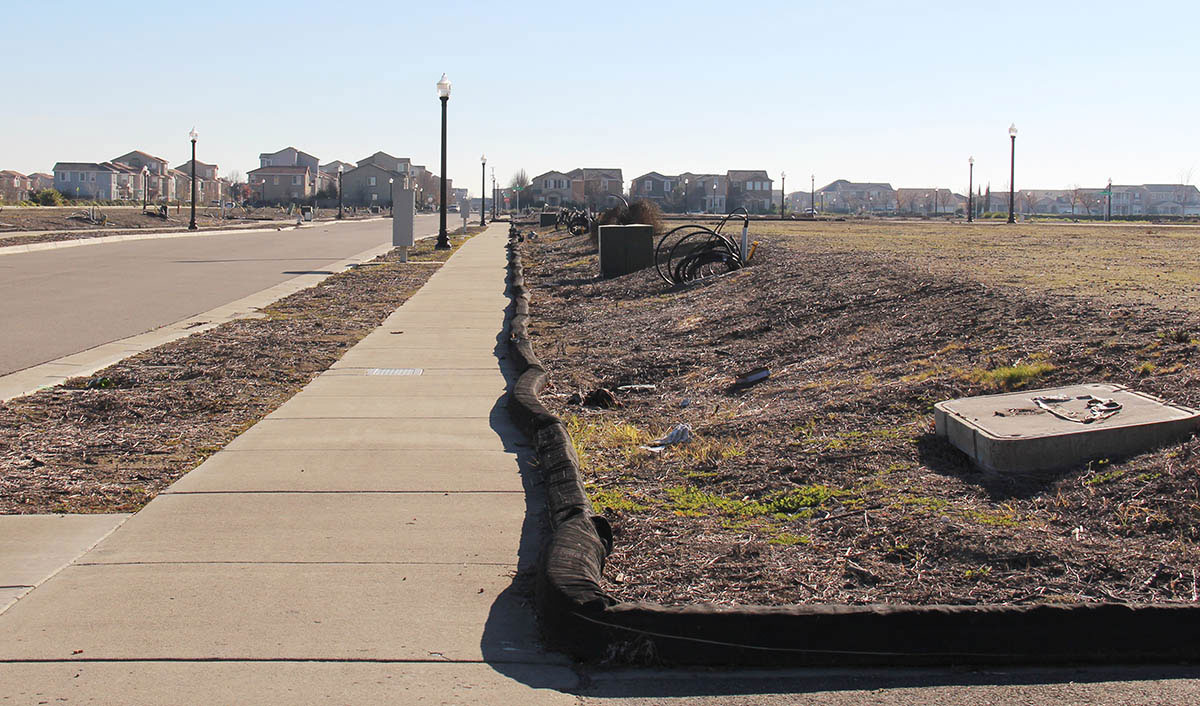
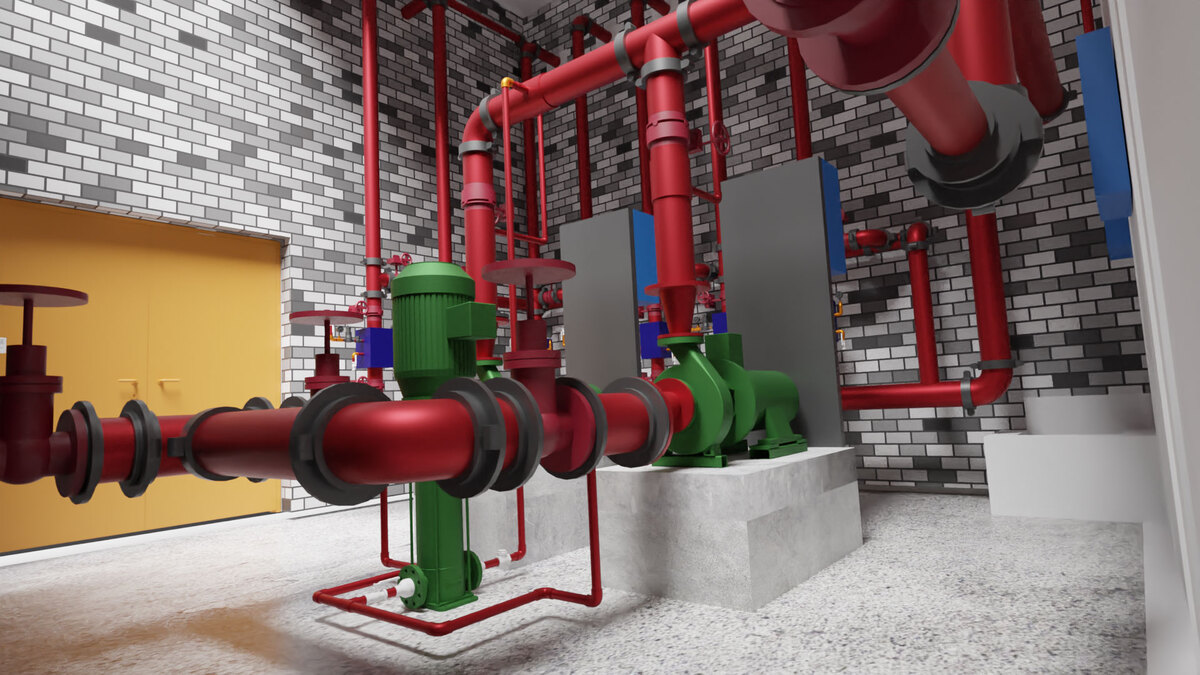
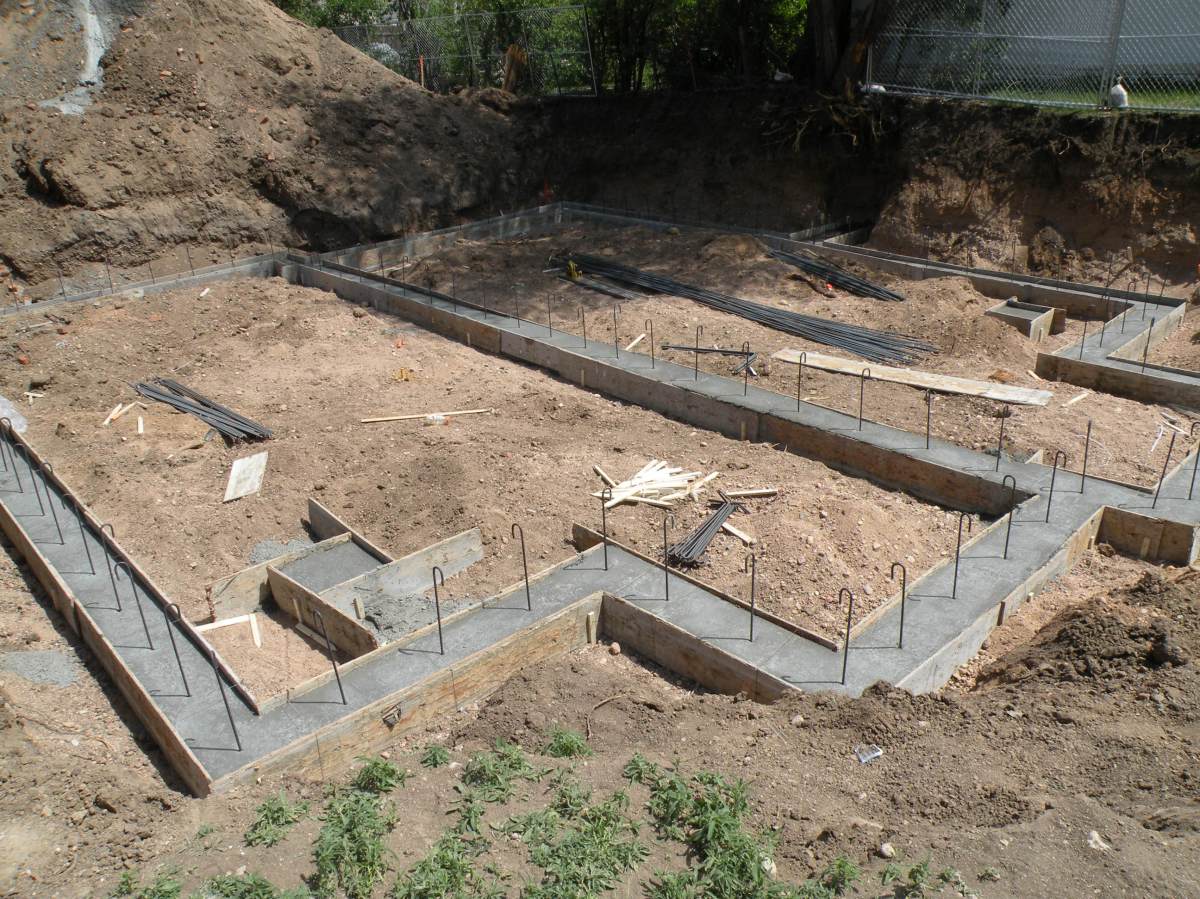
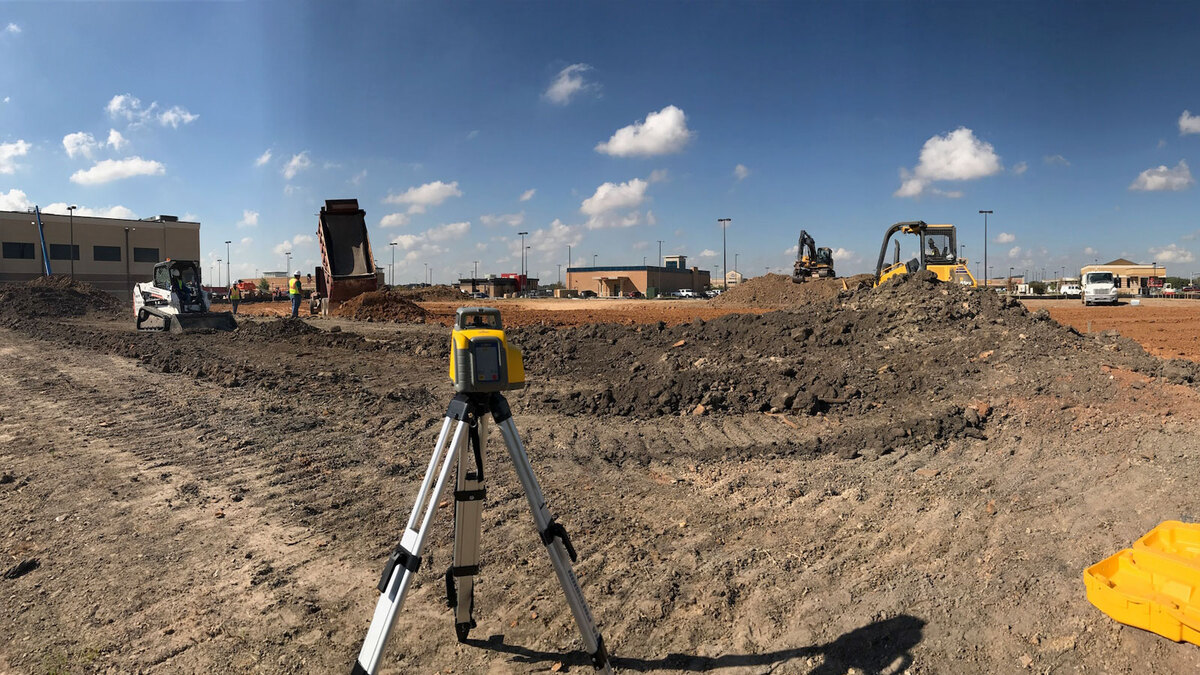
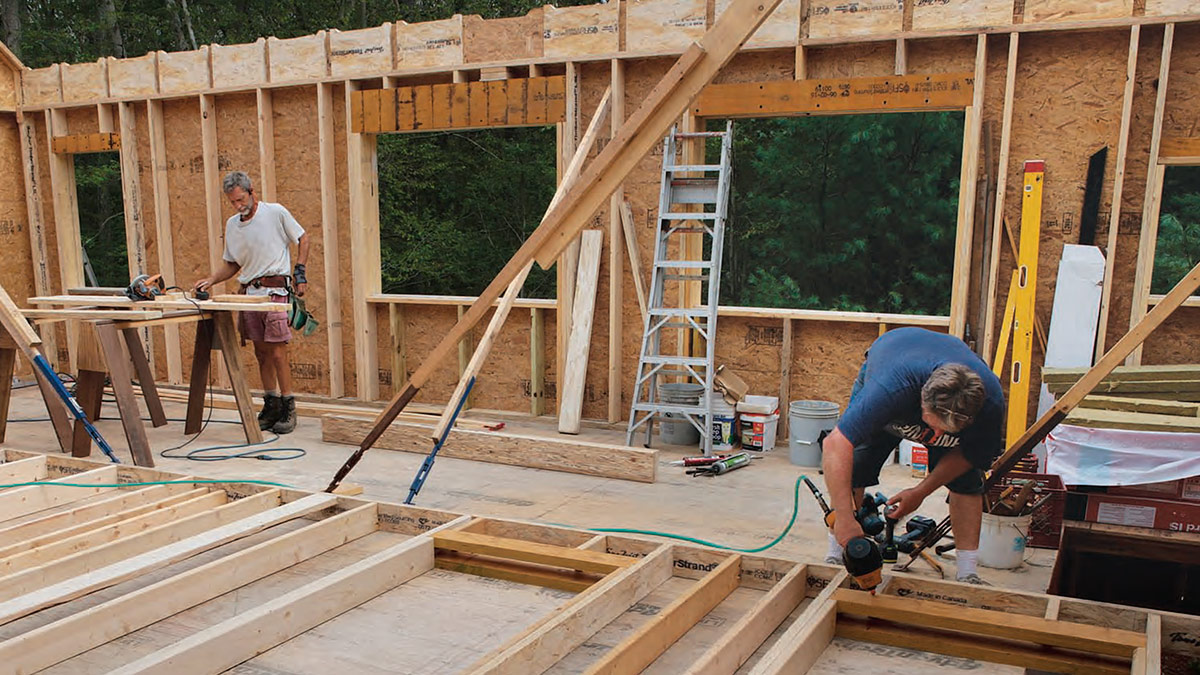
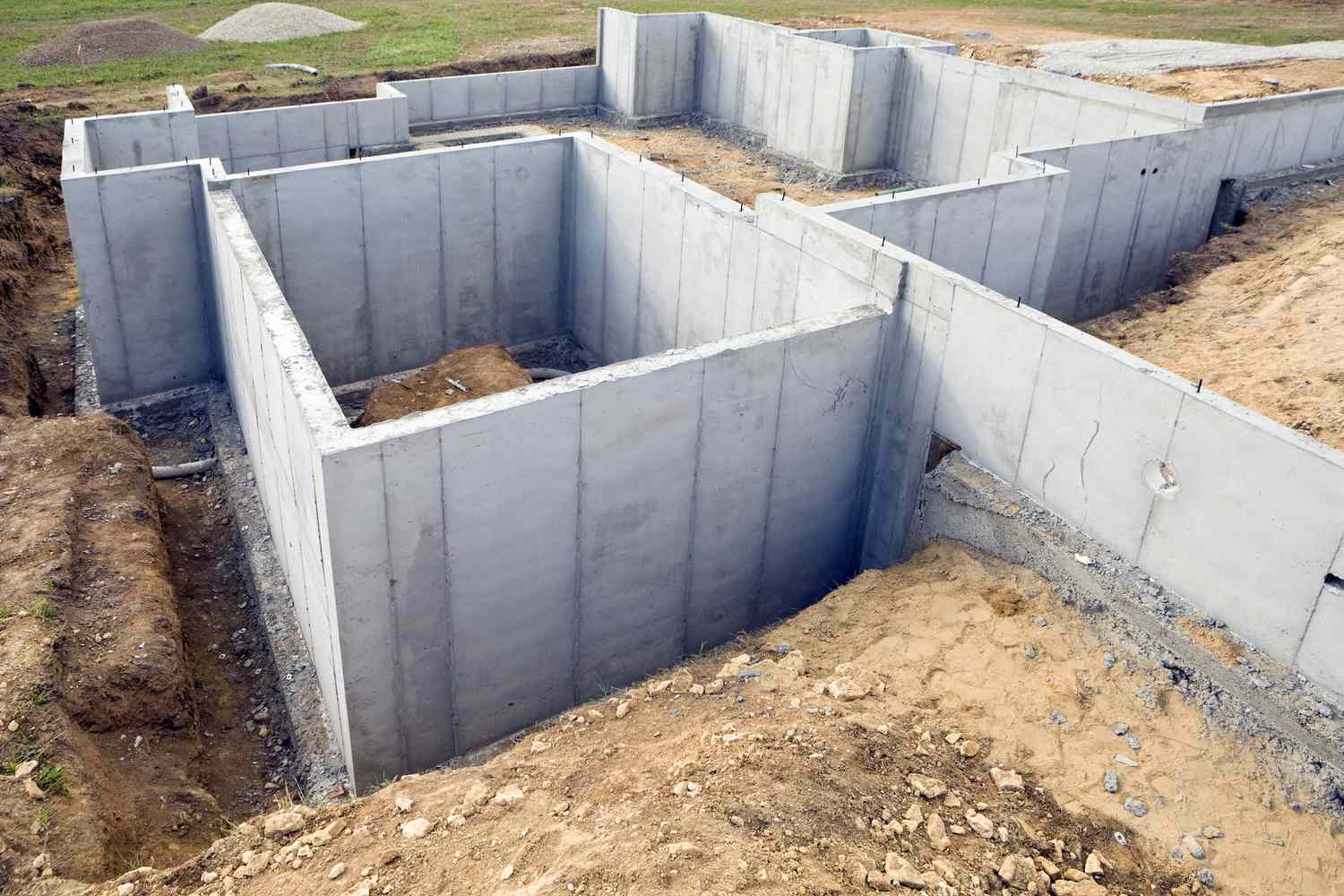
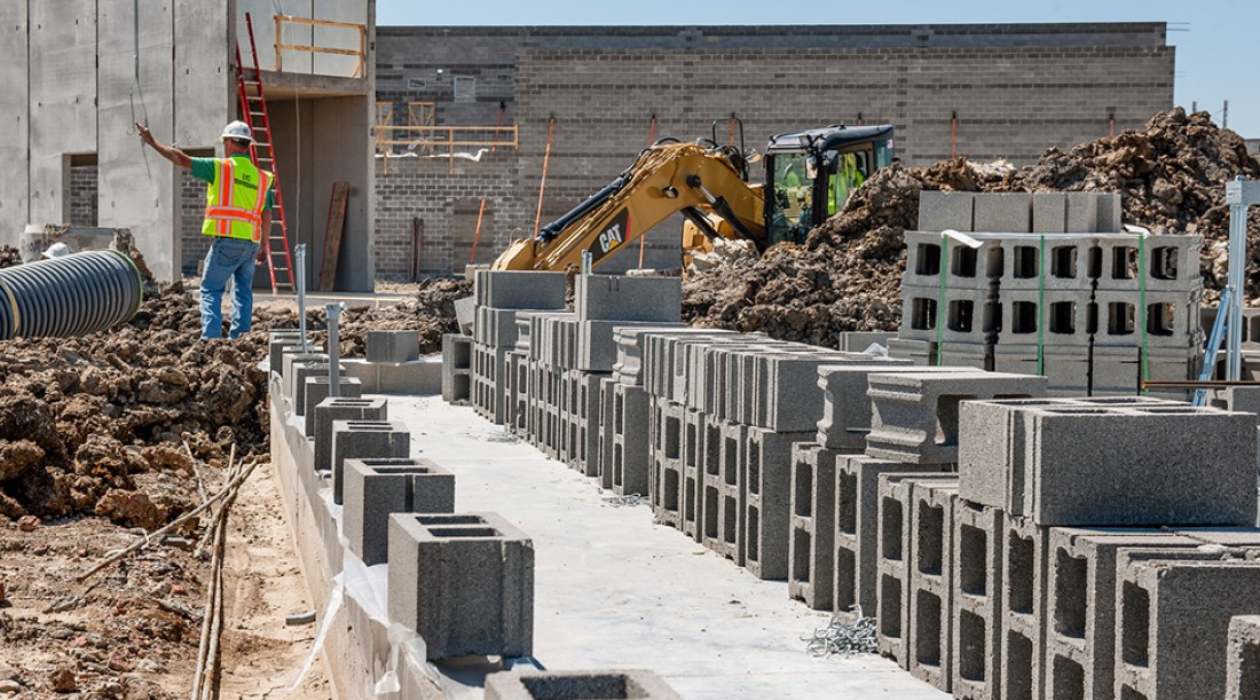

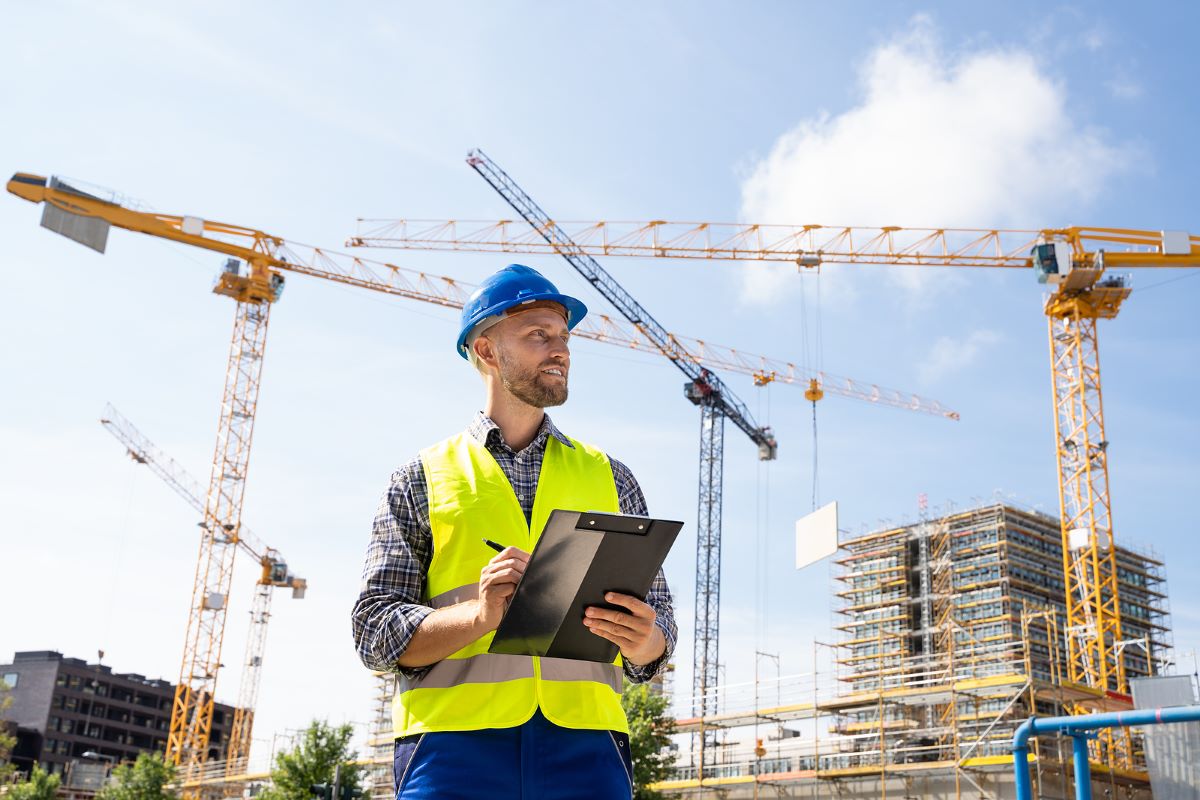


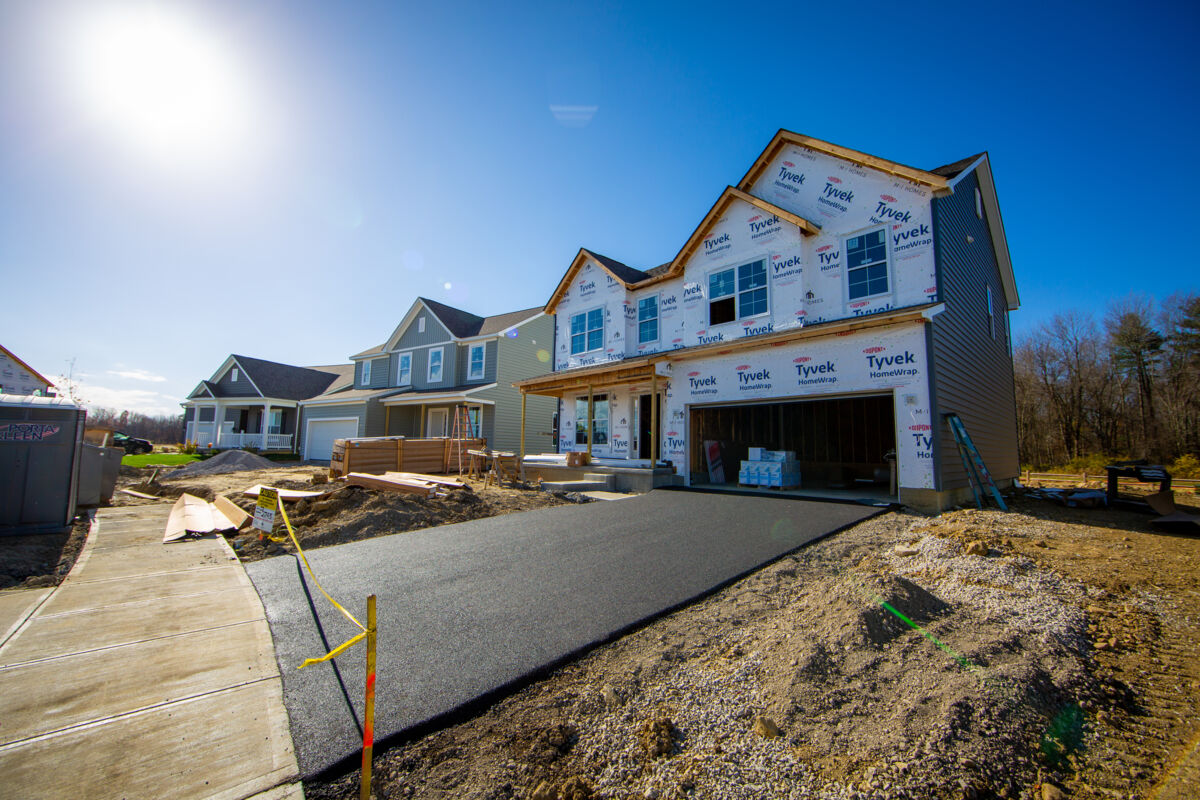


0 thoughts on “What Is Construction Logistics”